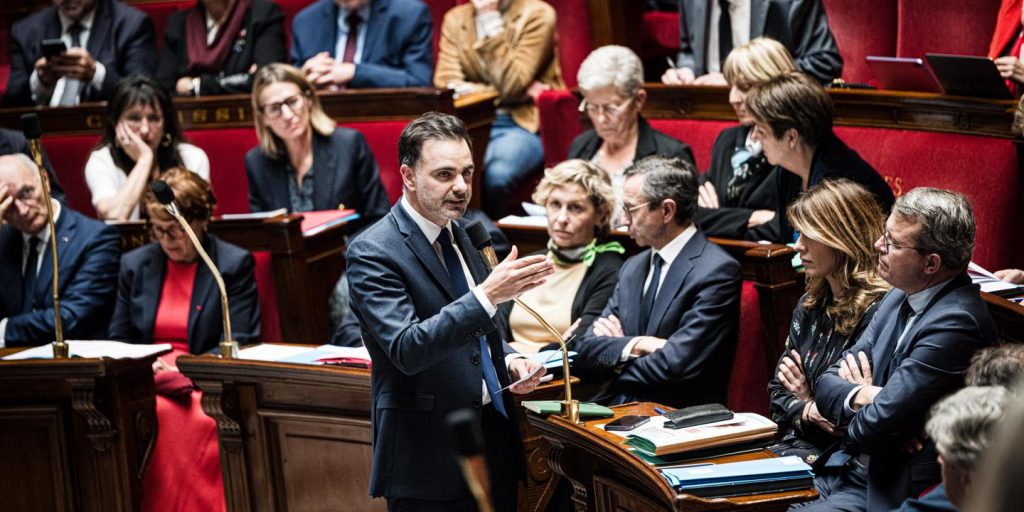In an interview on CNews-Europe 1, Gerard Larcher expressed concerns about the lack of transparency regarding the budgetary situation in France. He mentioned that there are questions about the sincerity of the information presented by the government in the fall of 2023, particularly in relation to the management of public accounts and the increase in the deficit. The current deficit is projected to be 6.1% of the gross domestic product (GDP), higher than the 5.1% forecasted by the previous government in April.
Larcher revealed that the Senate has conducted a mission to investigate the reasons behind the 50 billion difference between the budget projections presented by the government in the fall of 2023 and the reality in the fall of 2024. He praised the transformation of the National Assembly’s finance commission into a committee of inquiry on the public deficit’s breakdown. Larcher expressed his fear that crucial information has been withheld, indicating that both the Minister of Economy and Finance at the time, Bruno Le Maire, and the President, Emmanuel Macron, may have ignored warnings about the deficit and public spending increase.
Despite his concerns, Larcher voiced his support for the government led by Michel Barnier and the budget proposal introduced by the right-wing party. He emphasized the importance of reducing public spending over increasing taxes, acknowledging the necessity of both for the economic situation in France. He defended the tax hikes targeting the wealthier households, even as critics, including those within his own party, question the government’s approach.
The President of the Senate also showed his support for the Interior Minister, Bruno Retailleau, in addressing immigration issues. Larcher called for a new immigration law in 2025, as he believes the provisions of the previous law, passed last year, have not been fully implemented. He argued for the need to regulate migrant flows effectively and provide the necessary tools to manage the situation, disagreeing with former Prime Minister Gabriel Attal’s stance on the matter.
Larcher highlighted the importance of a comprehensive immigration policy and the need to address gaps in the existing legislation. He emphasized the necessity of a complete legal framework that can facilitate the regulation of migration flows and enable authorities to take effective action. Larcher supported the idea of expanding upon the previous immigration law to create a more robust system that can manage immigration issues more effectively.
In conclusion, Gerard Larcher’s statements on the budget deficit, public spending, and immigration policy in France reveal a complex political landscape. While expressing concerns about transparency and potential mismanagement of public funds, Larcher continues to support the government’s efforts. He emphasizes the importance of balancing tax increases with spending cuts for economic stability and advocates for a new immigration law to address ongoing challenges in regulating migration flows.


